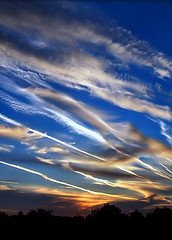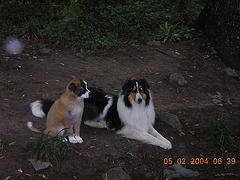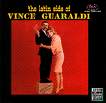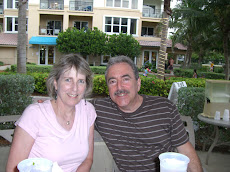
The Soft Parade - The Doors, Lyrics by Jim Morrison
When I was back there in seminary school
There was a person there
Who put forth the proposition
That you can petition the Lord with prayer
Petition the lord with prayer
Petition the lord with prayer
You cannot petition the lord with prayer!
Can you give me sanctuary
I must find a place to hide
A place for me to hide
Can you find me soft asylum
I can't make it anymore
The Man is at the door
Peppermint miniskirts, chocolate candy
Champion sax and a girl named Sandy
There's only four ways to get unraveled
One is to sleep and the other is travel
One is a bandit up in the hills
One is to love your neighbor till
His wife gets home
CatacombsNursery bones
Winter women Growing stones
(Carrying babies to the river)
Streets and shoes,
Avenues
Leather riders selling news
(The monk bought lunch)
Successful hills are here to stay
Everything must be this way
Gentle streets where people play
Welcome to the Soft Parade
All our lives we sweat and save
Building for a shallow grave
Must be something else we say
Somehow to defend this place
(Everything must be this wayEverything must be this way)
The Soft Parade has now begun
Listen to the engines hum
People out to have some fun
A cobra on my left
Leopard on my right, yeah
Deer woman in a silk dress
Girls with beads about their necks
Kiss the hunter of the green vest
Who has wrestled before
With lions in the night
Out of sight!
The lights are getting brighter
The radio is moaning
Calling to the dogs
There are still a few animals
Left out in the yard
But it's getting harder
To describe sailors
To the underfed
Tropic corridor
Tropic treasure
What got us this far
To this mild equator
We need someone or something new
Something else to get us through
Calling on the dogs
Calling on the dogs
Calling on the dogs
Calling on the dogs
Calling in the dogs
Calling all the dogs
Calling on the gods
Meet me at the crossroads
Meet me at the edge of town
Outskirts of the city
Just you and I
And the evening sky
You'd better come alone
You'd better bring your gun
We're gonna have some fun
When all else fails
We can whip the horses' eyes
And make them sleep
And cry....
 A new day
A new day





 Summer flat sky
Summer flat sky







 Skyline Atlanta
Skyline Atlanta













 Once more I must slow down my pacing
Once more I must slow down my pacing



 Patterned
Patterned
 When the music's over - The Doors, Lyrics by Jim Morrison
When the music's over - The Doors, Lyrics by Jim Morrison












